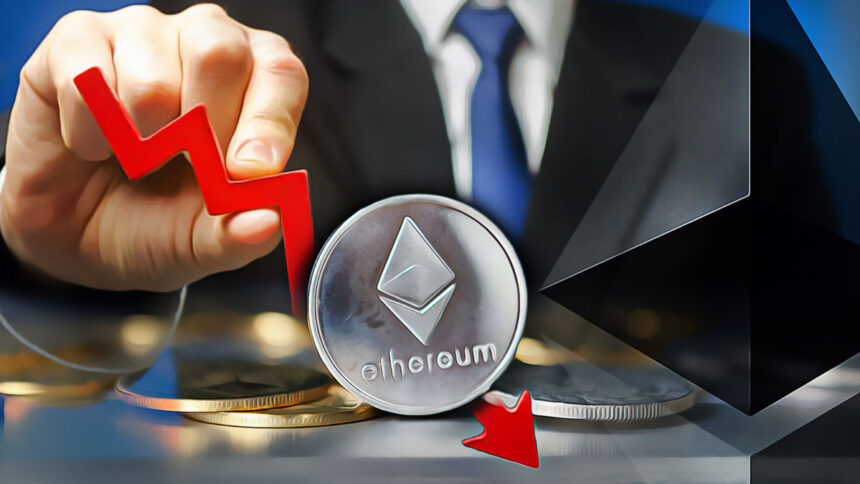Ethereum Improvement Proposal 1559 (EIP-1559) has introduced a significant overhaul to transaction fee management within the Ethereum (ETH) network, officially launched in August 2021. This enhancement aims to streamline gas fee estimations for users, minimizing the unpredictability associated with transaction costs, particularly during peak network usage. A standout element of this proposal is that it involves the burning of a portion of ETH with each transaction, which could have long-term ramifications for the cryptocurrency’s ecosystem.
EIP-1559: Addressing Gas Fee Challenges
Prior to the implementation of EIP-1559, transaction fees were set through a competitive auction system, compelling users to bid higher amounts for faster transaction confirmations. This often resulted in exorbitant fees during times of high demand, such as NFT launches, where charges could skyrocket beyond 500 Gwei.
What Are Base Fee and Tips?
The EIP-1559 framework delineates the gas fee structure into three parts: Base Fee, Tip, and Burn. The Base Fee adjusts dynamically based on network activity, allowing users to append a Tip to hasten their transactions. A unique feature of this system is the permanent burning of ETH equivalent to the Base Fee, which helps stabilize the overall transaction costs.
– The dynamic Base Fee recalibrates approximately every 15 seconds based on block utilization.
– The ETH burning mechanism could potentially lead to a decrease in supply.
– Miners now rely on Tips and block rewards for income, promoting Ethereum’s move to a Proof-of-Stake model.
EIP-1559 enhances user experience by providing straightforward fee estimations, while developers benefit from the predictability of costs. This update is essential for Ethereum’s journey toward 2.0, ensuring a more stable and scalable network that may entice broader usage and participation.












